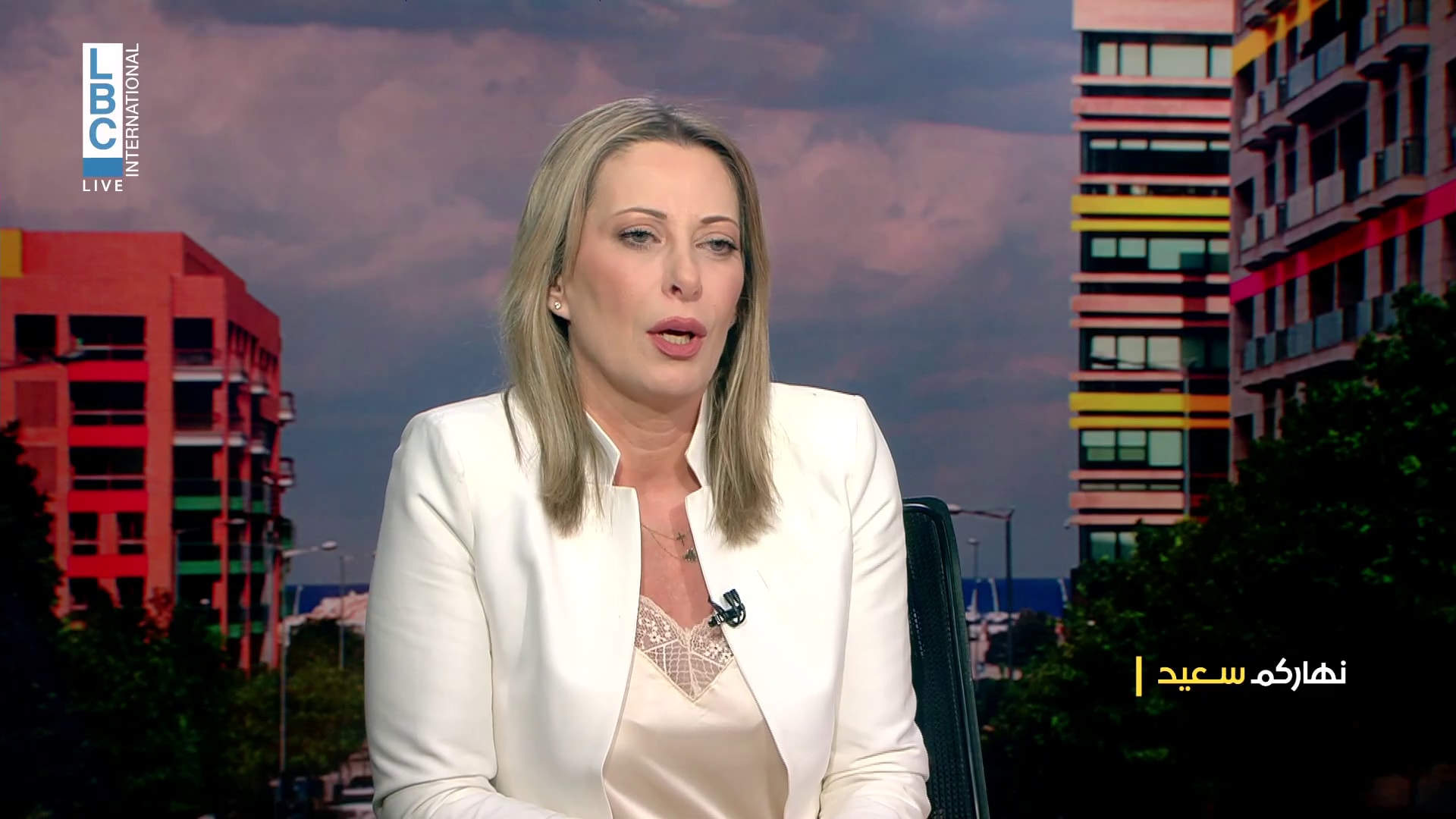
In a TV interview, Jordanian author Zulaikha Aburisha said that there is no consensus about the woman's hijab among jurisprudents and that the niqab "effaces the woman and her mind." Speaking on the A1 Jordan TV channel on March 10, she said that "the writing off of women, their effacement, the insistence upon covering women with veils, and the focus on the details of their body... are all manifestations of the sexual inhibitions experienced by our Arab societies."
Following are excerpts
Zulaikha Aburisha: Following the 1967 war, in the seventies, the so-called "Islamic clothes" were invented...
Interviewer: That's right. It was an invention.
Zulaikha Aburisha: The women living in rural areas in our countries had no need to wear "Islamic clothes." They would wear their beautiful embroidered garments. Or the traditional Jordanian madraga dress... Any type of the popular clothes was already modest, and served to protect the body. After all, this is the purpose of clothes, to begin with. The first man put on clothes - or invented clothes - in order to protect himself from the heat, the cold, the sun, and so on, or as an ornament. It was not because his body constituted 'awra.
I have researched the literature about Islam and Islamic history, and about the Quranic verse that reads: "and draw their veils over their bosoms, and not expose their adornment..." I realized that there was a specific reason for [the verse about] the hijab, and that the jurisprudents disagree about the hijab itself. There is no consensus about the woman's hijab. "And draw their veils over their bosoms..." The bosom is this part here.
Interviewer: The chest.
Zulaikha Aburisha: Right, the chest. That was when I let go of the hijab and let go of the [religious] establishment as well.
[...]
Interviewer: I have read that you've said that you would support the hijab if it turned into a popular garment, but that you are against the niqab, because the niqab... and then you said something harsh about it. You said that the niqab effaces the woman and her mind. I'd like you to explain this.
Zulaikha Aburisha: The truth is that I am against the hijab as well.
[...]
The verse I just quoted was conveyed in order to distinguish between free and enslaved women. Muslim women would walk down the street in Al-Medina, and Muslim men would harass them. This was in the days of the Prophet Muhammad.
Interviewer: Muslim men harassed Muslim women?
Zulaikha Aburisha: Yes.
So they went to the Prophet Muhammad, and complained about what the men were doing. So the Prophet gathered the men, perhaps after one of the prayers, and said to them: I have been told that some of you harass women. The men said: Yes, it did happen, but we thought that they were enslaved women.
Interviewer: You mean that there was...
Zulaikha Aburisha: They thought that they were slave-girls. So the sole reason that this verse was conveyed was to distinguish between free and enslaved women. Since the raison d'être of this ruling has become a thing of the past, with the disappearance of the class system... If the raison d'être of a ruling is gone, the ruling should go too.
[...]
I do not deny a woman's personal right [to wear the hijab]. But when it becomes a phenomenon, I analyze it. Since the hijab has become a phenomenon and people preach that it should be worn, claiming that it is a duty in Islam - which it isn't... A former minister of religious endowments said that if a woman steps out of her home unveiled, five men would go to Hell: her husband, her son, her father, her brother, and her paternal uncle... He included the paternal uncle, but forgot the maternal uncle and cousins... He said that these five would go to Hell if a woman is unveiled. How can I be expected to believe such... I don't want to use harsh words, but this is simply not true.
[...]
The writing off of women, their effacement, the insistence upon covering women with veils, and the focus on the details of their body, and so on - these are all manifestations of the sexual inhibitions experienced by our Arab societies. Men in these societies grow up with sexual inhibitions, and all they see in a woman is her body.
[...]













